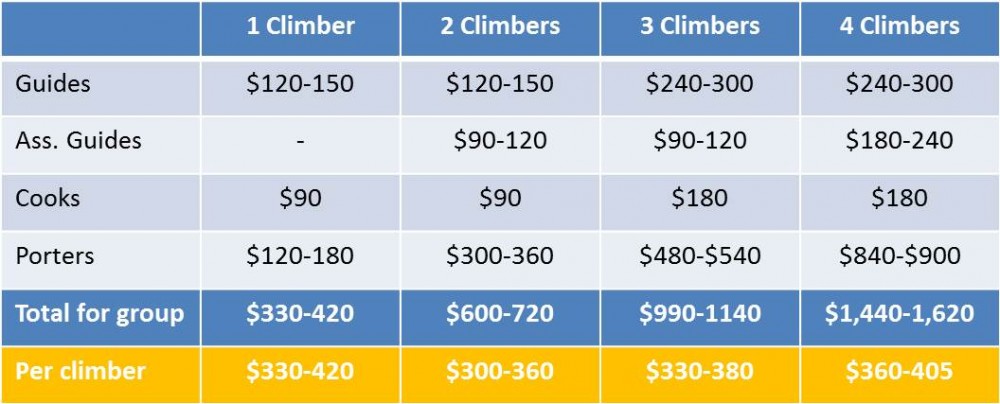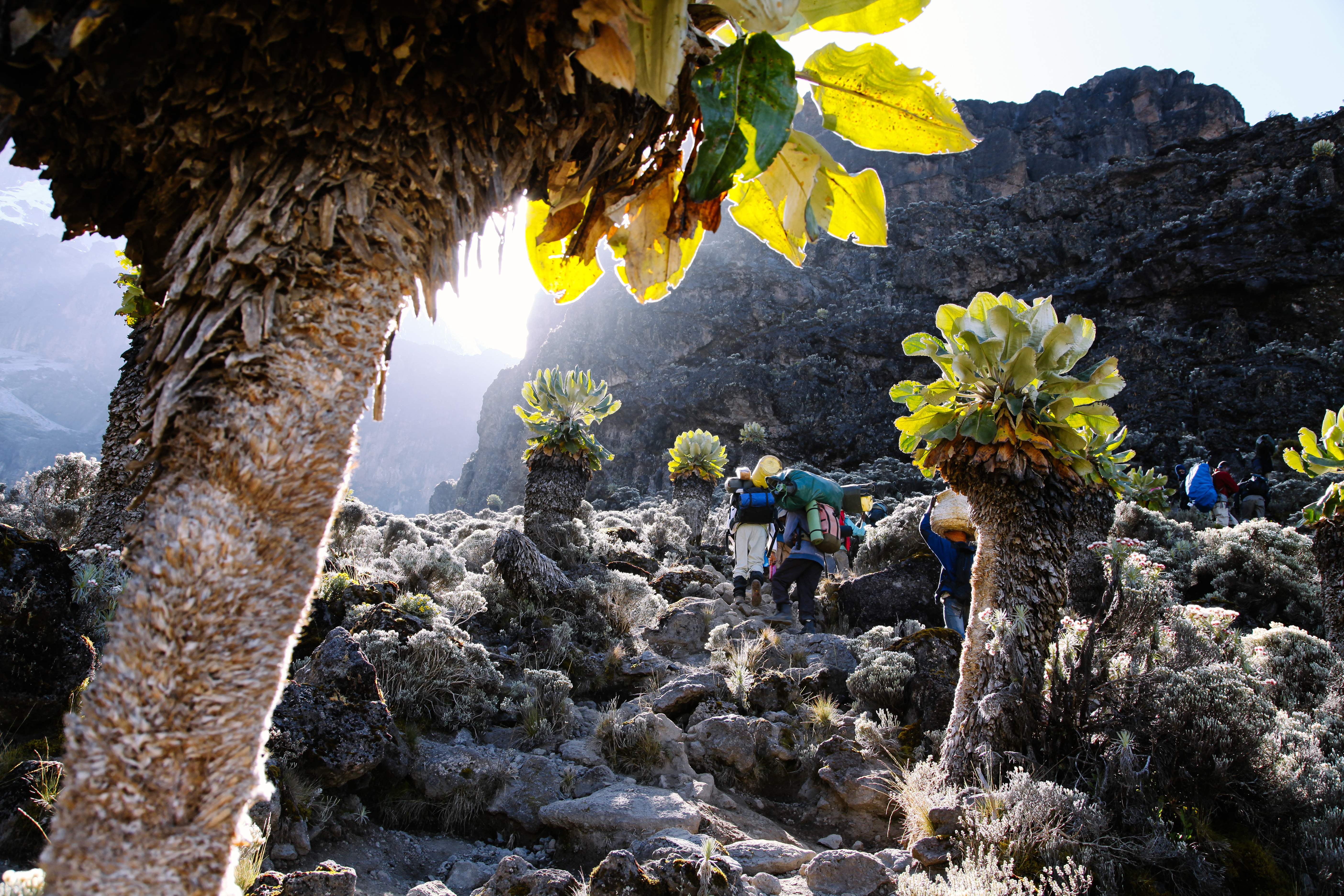TIPPING ON KILIMANJARO
Tipping On Kilimanjaro – How Much do i tip my guides and Porters on Kilimanjaro – Do i give the tip to the Head Guide? – Working With Community Based Porter Associations.
Please read this article in full and watch the videos to understand why tipping on Kilimanjaro is so important.
Tipping on Kilimanjaro
Due to the growing popularity of trekking Mount Kilimanjaro, the mountain has in effect become a key component of the local economies in Moshi and Arusha.
With this growing interest in trekking Kilimanjaro, local and international tour companies have proliferated and local residents in these towns have flocked to the mountain in desperate need for work. Unemployment is high in Tanzania and hence there is no shortage of people willing to do literally anything to earn a wage, albeit tiny.
Over the past few years the Kilimanjaro National Parks Authority (KINAPA) have implemented regulations to improve the management of the mountain and conduct of tour operators; however, the market for porters and guides is still poorly regulated and open to exploitation.
Because of this the minimum wage set by Kinapa is often not met by many of the local operators. Some pay as little as $2-$3 a day to their porters. Take a second to let that settle in. That’s less than the price of a Big Mac to carry around 20-30kg of your gear up a very high and rather dangerous mountain!
In a perfect world porters and guides should be paid a mandatory wage that is strictly enforced and regulated we budget a minimum of US$10.oo per porter per Day.
However this is not the case and therefore tipping on Kilimanjaro is customary and standard, but often very confusing in term of working out how much to give each support team member.
Before we get into the detail we encourage you to take 10 minutes and watch this video.
Or if you have a little more time this documentary on the exploitation of Kilimanjaro porters is extremely informative. As a prospective trekker you should watch this video or bookmark this page to watch it when you have more time.
Realm Africa Safaris has made a decision to uphold good Community tourism values among which we ensure the working conditions of porters are good and financially rewarding for thier effort in getting you to the Roof of Africa – we ensure they get paid a fair wage.
TIPPING ON KILIMANJARO – THE DETAILS
In this section we have provided a guideline and worked example for calculating how much you should set aside for tips. I encourage using this as a guideline only. We will say now that our numbers are 10-20% more than many of the other tipping numbers you might find online. This is because we believe that anyone who can afford to trek Kilimanjaro as a leisure activity, can also afford to pay that little bit more to their support crew.
Before you begin your climb you will meet your guide and porters. Typically guides can speak good English, porters less so.
Porters carry all your gear (excluding your day pack) and all the equipment you need on your climb (tents, cooking equipment, food, water etc.). Each porter carries up to 20kg on their back or head! Yes, 20kg. And usually another 5kg of their own kit in addition to this.
Some tour operators limit the weight that porters carry to 15kg.
Note: new regulations mean that guides and cooks are not allowed to carry any weight apart from their own gear.
Porters race ahead of you and your guide to make sure they get to camp sites before you and have everything setup for your arrival (tent assembled, food ready etc.).
The average ratio of support staff is 3 porters for every climber, 2 guides for every 4 climbers, cook and assistant guides vary depending on numbers.
Tipping on Kilimanjaro – the breakdown looks like this.
1 climber – 1 guide / 2-3 porters / 1 cook
2 climbers – 1 guide / 5-6 porters / 1 cook / 1 assistant guide
3 climbers – 2 guides / 8-9 porters / 2 cook / 1 assistant guide
4 climbers – 2 guides / 11-12 porters / 2 cook / 2 assistant guides
5 climbers – 3 guides / 14-15 porters / 2-3 cook / 2-3 assistant guides
6 climbers – 3-4 guides / 17-18 porters / 2-3 cook / 2-3 assistant guides
Note: numbers vary depending on the tour company you use. The best companies have a high guide to client ratio.
Tipping on Kilimanjaro – when and who do you pay your tip to?
Tips are usually paid at the end of your hike, after you have reached your final checkpoint and signed out with the authorities. It is customary to pay tips individually in separate envelopes, unless advised otherwise (some tour companies suggest you pay your lead guide who then re-distributes the money). Please check with your operator what their preferred practice is.
Also, some operators suggest that you give your tips at the last meal on the mountain. Unless expressly asked to do this by your tour operator we suggest waiting to distribute tips at the end of your trek.
Tipping amounts are as follows. These numbers are per group, not per climber.
Per main guide – US$20-25 per day
Per assistant guide – US$15-20 per day
Per cook – US$15 per day
Per porter – US$10 per day
Tipping on Kilimanjaro example
For a typical 6 day trek the total tipping value per group and climber would look as follows.
 We hope you now have more clarity about tipping on Kilimanjaro.
We hope you now have more clarity about tipping on Kilimanjaro.
Feel free to leave a comment below if you have any questions. We will respond within 24hours.
The NGO, Kilimanjaro Porters Assistance Project run by Karen Valenti (who does an incredible job) provides loads of useful information on the health and welfare of porters – we love to work with them.
After you climb Kilimanjaro, and reflect on the arduous life of the guides, assistant guides, porters, and cooks, you may want to help someone you met. Kilimanjaro Guide Scholarship Foundation can assist you in arranging a scholarship. These scholarships range from 8 week “rainy season” courses to full year courses.
Click here to find a full Kilimanjaro equipment packing list.
Recommended Gear for your Kili Adventure
Trekking Poles are a must on Kilimanjaro – hiking for 6-7 days takes a serious toll on your knees, hips and ankles. Trekking poles can reduce the impact on your joints by up to 20%. Ideal poles should be sturdy, lightweight and adjustable for your height and for storage. I highly recommend black diamond trekking poles – they are unisex, affordable, very reliable and super versatile. Perfect for Mount Kilimanjaro!


